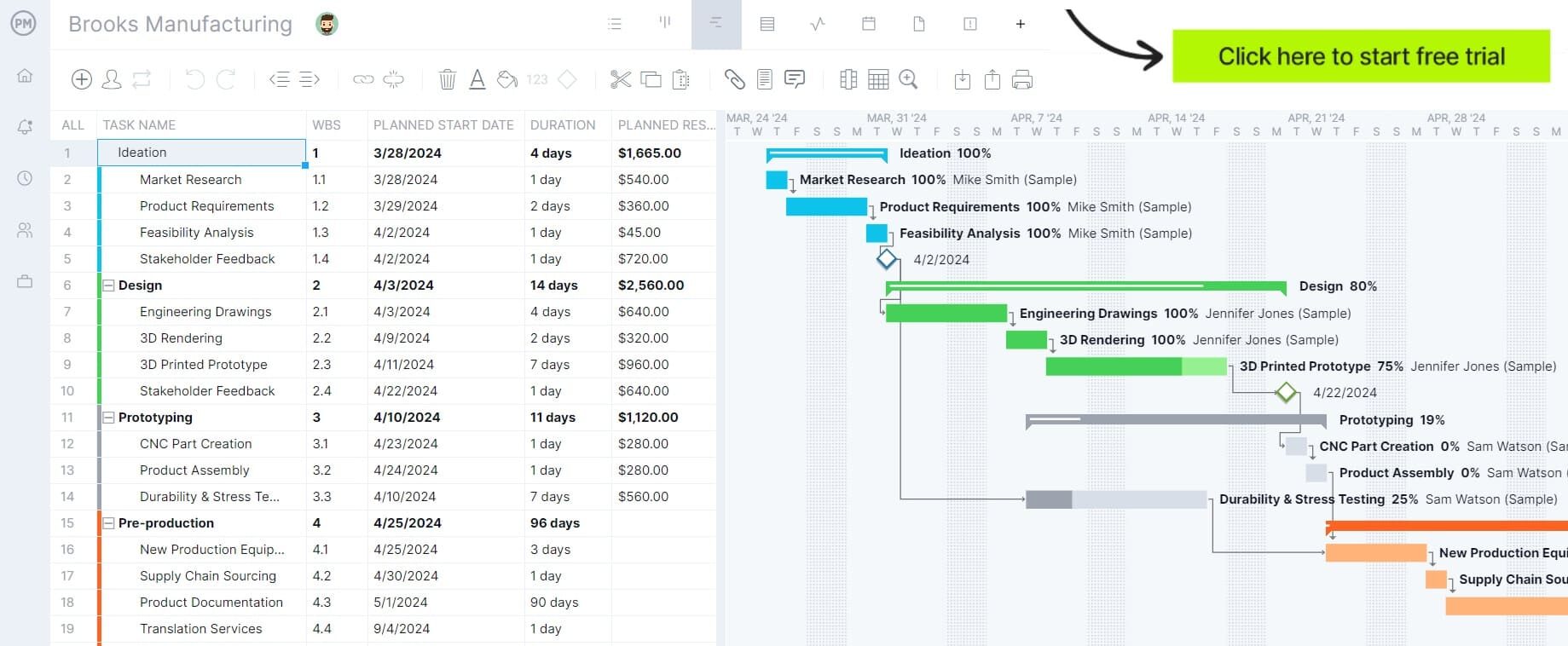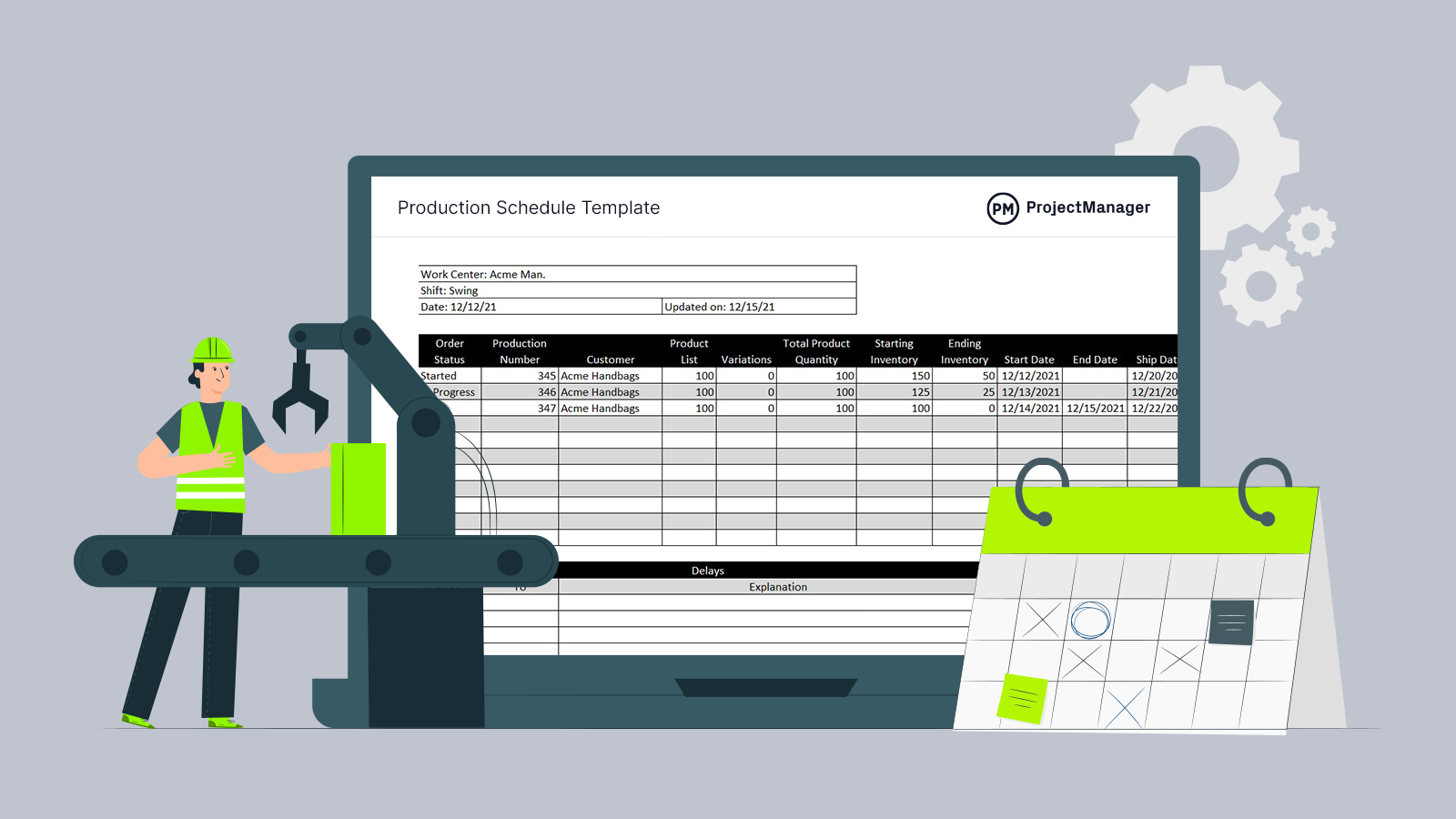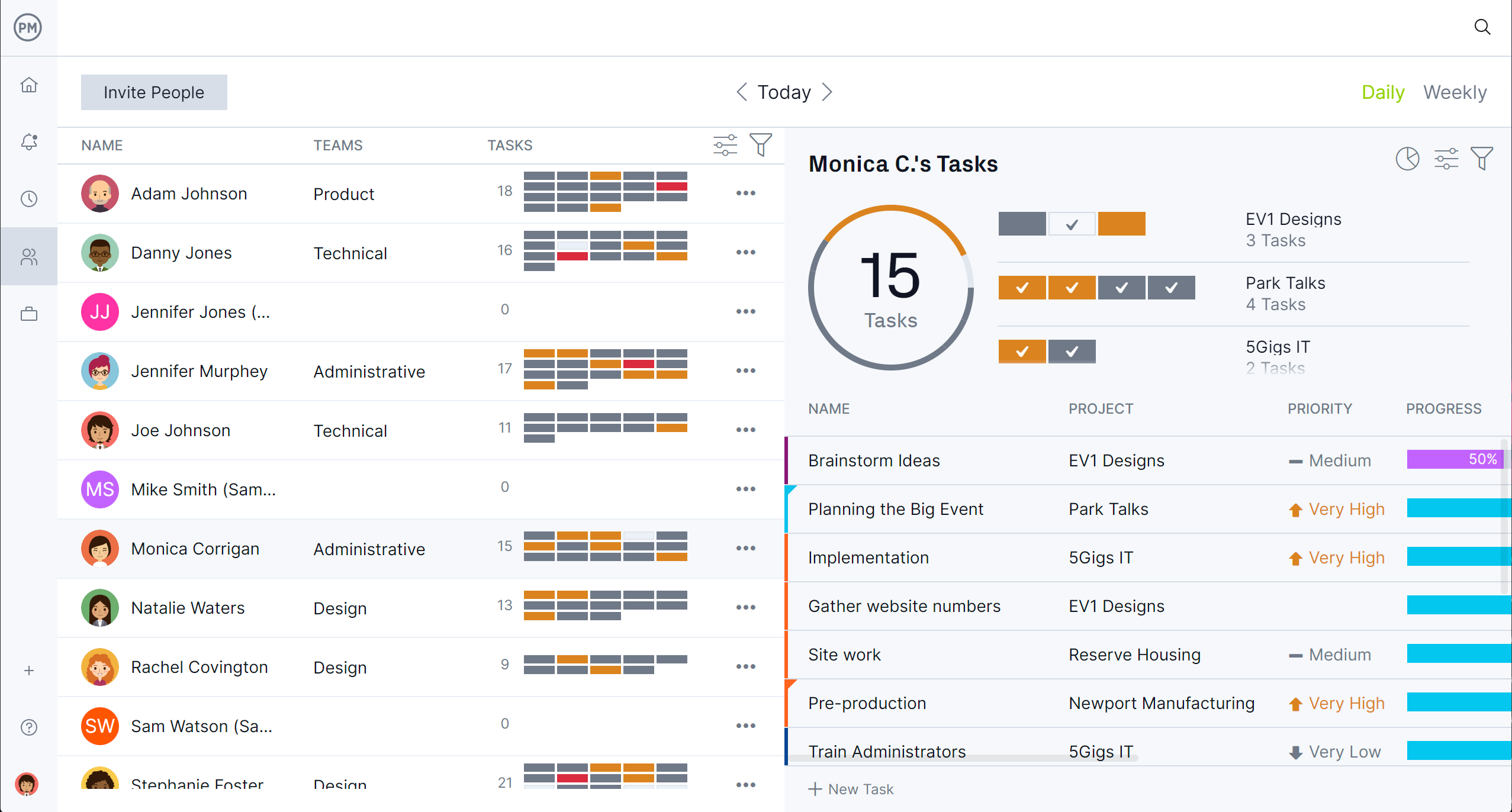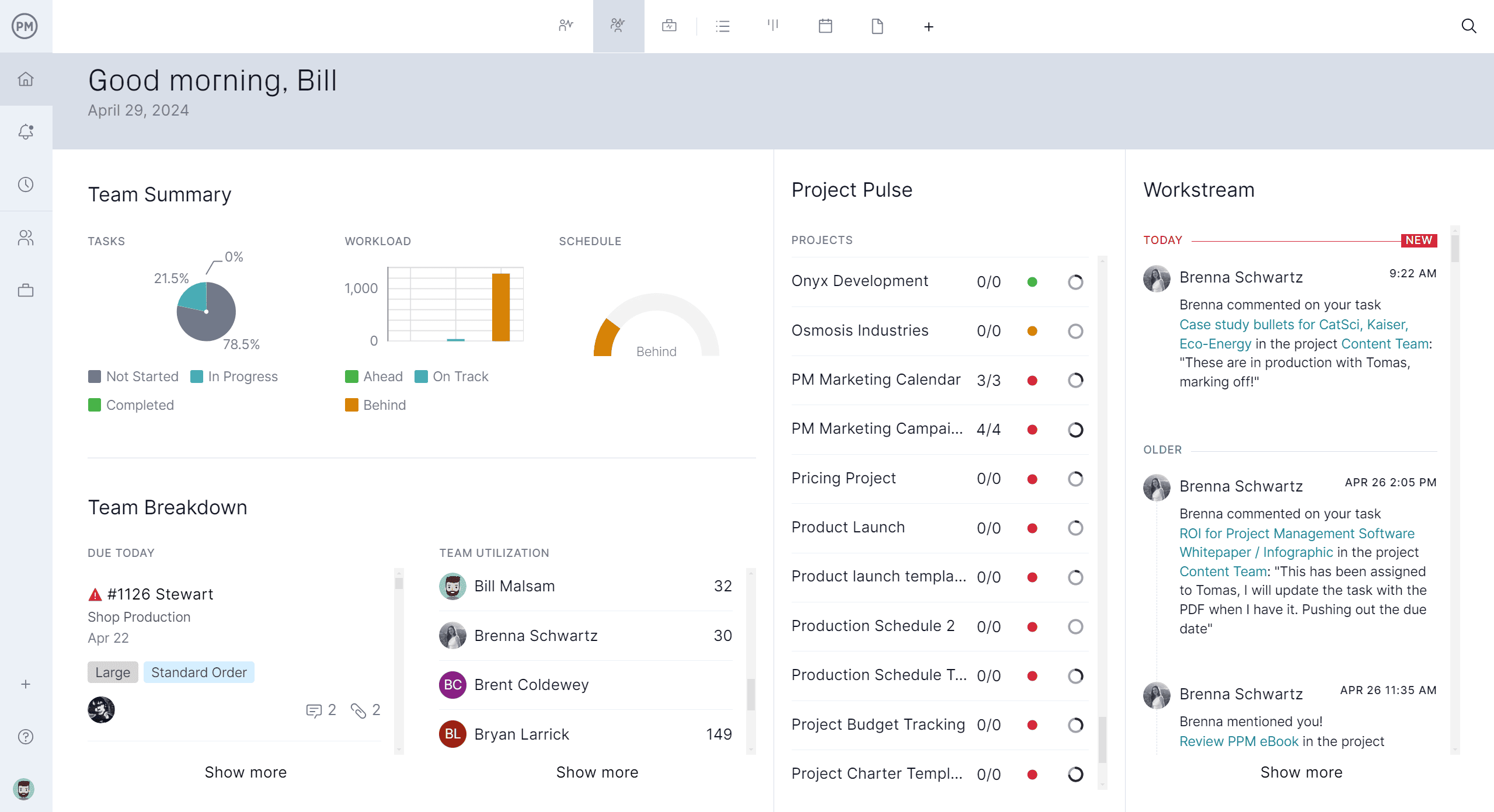A production manager plays a central role in overseeing how goods and services move from planning to completion. This position bridges the gap between strategy and execution by ensuring resources, schedules and workflows align to meet production goals. Successful production managers coordinate across departments, work closely with teams on the ground and communicate with leadership to keep operations on track. Their work is not limited to the shop floor, but extends to planning, budgeting and reporting, making them vital to any organization’s performance.
The production manager job description often highlights a wide range of responsibilities that require both technical knowledge and leadership skills. These managers must balance cost control with quality, maintain safety standards while optimizing efficiency and motivate staff while driving results. They also need to adapt quickly to changes in demand, supply chain disruptions or shifting organizational priorities. The production manager role demands strong problem-solving, clear communication and the ability to manage people and processes under pressure, which is why it’s considered one of the most challenging yet rewarding positions in operations management.
What Is a Production Manager?
A production manager is responsible for coordinating the daily operations of manufacturing or service delivery to ensure efficiency, quality and timeliness. This role covers everything from scheduling production runs and managing resources to monitoring performance and ensuring compliance with standards. A production manager must oversee teams, resolve workflow issues and implement processes that balance cost with output while maintaining safety and quality benchmarks.
Beyond daily oversight, a production manager also works on long-term planning and continuous improvement. They analyze performance data, develop strategies to increase productivity and introduce new methods or technologies to enhance output. Collaboration is a big part of their role, as they work with suppliers, engineers, finance teams and senior leadership to align production goals with overall business objectives. The success of a production manager is measured by their ability to consistently deliver results while adapting to changing demands and challenges.
Project management software helps production managers do their job more effectively by centralizing planning, scheduling and tracking into one platform. Instead of relying on disconnected spreadsheets or manual updates, production managers can use software tools to monitor timelines, allocate resources, track budgets and generate reports in real time. This visibility reduces inefficiencies, prevents delays and ensures all stakeholders stay aligned on priorities and progress.
ProjectManager is an ideal solution for any production manager who wants to streamline operations and improve outcomes. Our Gantt charts allow managers to link task dependencies, filter for the critical path and set baselines to measure variance as production progresses. With these powerful scheduling and tracking tools, production managers gain the insights they need to keep projects on schedule and within budget while maintaining full visibility across teams and workflows. Get started with ProjectManager today for free.

What Does a Production Manager Do?
A production manager oversees the entire production process, ensuring that operations run smoothly, resources are used efficiently and output meets quality and delivery standards. This individual acts as the link between strategic planning and day-to-day execution, coordinating teams, schedules and resources to achieve organizational goals.
By balancing cost control, quality assurance and timely delivery, a production manager plays a crucial role in driving operational success and business growth. This broad role can be broken down into specific responsibilities that define how production managers deliver consistent results.
Production Manager Responsibilities
A production manager job description typically includes a wide range of responsibilities that cover both operational tasks and strategic planning. These responsibilities ensure that production goals are met, resources are used effectively and teams stay aligned. Here are some of the most common duties of a production manager:
- Plan and organize production schedules to meet deadlines
- Manage budgets and monitor production costs
- Ensure quality standards are maintained throughout the process
- Oversee staff and assign responsibilities to team members
- Identify and manage production risks or bottlenecks
- Collaborate with procurement to ensure materials are available
- Monitor equipment and schedule routine maintenance
- Implement health and safety regulations on the production floor
- Track progress with reports and communicate with senior management
- Drive continuous improvement initiatives across operations

Get your free
Production Schedule Template
Use this free Production Schedule Template to manage your projects better.
Get the Template
Production Manager Skills
To succeed in this role, a production manager needs a balance of technical knowledge, leadership ability and problem-solving expertise. These skills help them coordinate teams, manage processes and adapt to changing production demands. The following are key skills every production manager should have:
- Strong leadership and team management
- Excellent communication and interpersonal abilities
- Problem-solving and analytical thinking
- Time management and organizational skills
- Knowledge of manufacturing processes and industry standards
- Budgeting and cost-control expertise
- Familiarity with health and safety regulations
- Technical proficiency with production tools and software
- Ability to manage multiple projects simultaneously
- Strategic thinking and adaptability under pressure
Production Manager Job Description Example
A production manager job description should outline the scope of the role, key responsibilities and the skills required to succeed. It also highlights the education and experience employers typically look for when hiring. Below is a structured example of what a production manager job description might include.
Role Description
- Oversee the daily production process to ensure efficiency and quality
- Coordinate schedules, resources and teams to meet production targets
- Act as the link between management, staff and stakeholders
- Balance cost control with quality standards and timely delivery
Production Manager Responsibilities
- Plan and organize production schedules
- Monitor budgets, costs and resource allocation
- Implement and maintain quality assurance standards
- Supervise staff and assign roles across production teams
- Manage risks and resolve production bottlenecks
- Collaborate with procurement and logistics teams
- Ensure equipment is maintained and operational
- Enforce health and safety regulations
- Prepare progress reports for senior leadership
- Lead continuous improvement initiatives
Desired Production Manager Skills
- Strong leadership and communication abilities
- Problem-solving and analytical thinking
- Time management and organizational skills
- Knowledge of industry standards and processes
- Budgeting and cost-control expertise
- Technical proficiency with production software and tools
- Ability to adapt to changing production demands
- Strategic and critical thinking
- Team motivation and conflict resolution
- Attention to detail and process orientation
Production Manager Education & Qualifications
- Bachelor’s degree in business, engineering, manufacturing or related field
- Advanced certifications in production or operations management preferred
- Knowledge of lean manufacturing, Six Sigma or similar methodologies
- Proficiency with project management or ERP software
Preferred Experience
- 3–5 years of management experience in a production environment
- Proven track record of meeting production goals and quality standards
- Experience leading cross-functional teams
- Background in managing budgets and resources
- Exposure to process improvement initiatives

Production Manager Salary
Here’s an overview of current salary data for production managers across several reputable sources. These figures provide valuable insights for both job seekers and hiring managers.
- According to Glassdoor, the average salary for a production manager in the US is $99,268 per year.
- Salary.com reports that the average pay for a production manager is $111,415 annually.
- On PayScale, the average salary for a production manager in manufacturing is $82,893 per year.
- The Bureau of Labor Statistics lists production manager pay within the industrial production manager category, which averages around $121,440 per year.
ProjectManager Is an Ideal Tool for a Production Manager
ProjectManager is an ideal tool for a production manager because it gives them the flexibility to plan, organize and execute work through multiple project views. While Gantt charts are powerful for scheduling, production managers often need faster ways to see task details and progress.
With our software, they can switch to a task list to focus on assignments, a kanban board to manage workflows, a sheet view for spreadsheet-style tracking or a calendar view to plan by dates. These views keep projects organized while allowing production managers to choose the perspective that best fits the task at hand. Watch the brief video below to see how our software can support production managers.
Streamline Resource Management
A production manager must balance labor, materials and equipment across multiple shifts and deadlines. ProjectManager makes this easier with workload charts that visualize team availability, timesheets that track actual hours worked and allocation tools that prevent bottlenecks.
Resources can be assigned and adjusted in real time, ensuring production stays on schedule without overburdening staff. Cost tracking is also built in, letting managers compare planned versus actual expenses and keep budgets under control. By combining scheduling with cost and workload data, production managers gain clear visibility into how resources are used across projects.

Enhance Tracking and Reporting
Tracking production performance is critical for hitting deadlines and delivering quality. ProjectManager’s real-time dashboards automatically update key metrics like task progress, costs and workload without manual input. Production managers can generate customizable reports for stakeholders on demand, showing status, variances and upcoming risks.
Because all data is centralized, managers no longer need to chase spreadsheets or rely on outdated numbers. This level of visibility ensures that issues are identified quickly and decisions are made with accurate information, keeping production efficient and accountable from start to finish.

Related Production Management Content
Becoming a production manager is a big task. Below are some articles that will help those looking for or hoping to become one with a greater understanding of the position.
- Making a Production Plan (Example Included)
- 15 Top Methods of Production
- Production Scheduling Basics: Creating a Production Schedule
- 20 Production and Manufacturing KPIs & Metrics
- Production Forecasting Basics for Manufacturing Businesses
- Production Operations Management: Goals & Challenges
- 10 Best Production Tracking Software
- How to Make a Production Flow Chart for Manufacturing
ProjectManager is online project and portfolio management software that connects teams whether they’re in the office or out in the field. They can share files, comment at the task level and stay updated with email and in-app notifications. Get started with ProjectManager today for free.

